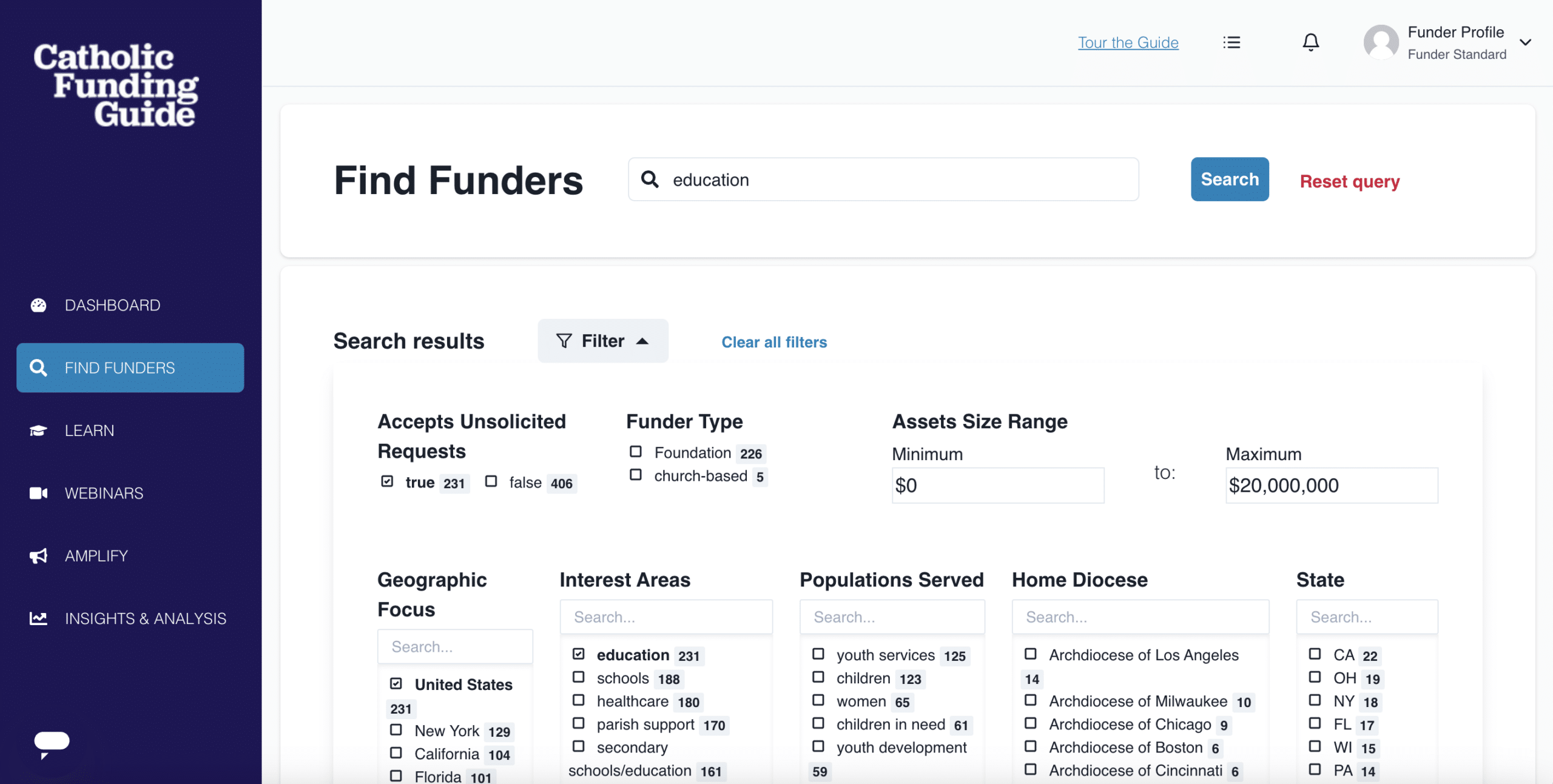Proverbs 16:3 – “Entrust your works to the Lord, and your plans will succeed.”
The Difficulties of Fundraising for Small Nonprofits
Fundraising with a small team (or no team at all) is no easy task. There are several factors that can inhibit you from prioritizing your fundraising efforts. These include:
- A variety of time constraints and conflicting priorities
- Low staff and volunteer motivation, which could be due to a negative perspective on fundraising
- Staff and volunteers have received limited training (or none at all due to time constraints)
- Volunteers have limited time to serve
- Staff and volunteer turnover
- Lack of staff and volunteers
- Lack of clarity surrounding the organization’s current financial state and need of the organization’s current financial state and financial need
Although these challenges may at times seem insurmountable, there is a 3-part solution to fundraise effectively with a small team:
- Find practical ways to make more time for fundraising.
- Make sure you are motivating and equipping your team.
- Shave time off your current fundraising efforts or find more time-effective ways to fundraise, while ensuring staff and volunteers are properly trained.
Practical Ways to Make More Time for Fundraising
To set the tone for a productive day, start each morning with prayer and set goals for what you want to accomplish that day. You can encourage your team to do the same. Even small goals can boost motivation and increase productivity.
Streamline & Optimize Your Work Day
Delegate tasks.
If you have a small team working in fundraising, delegating means distributing tasks in a way that allows each member of the team to focus on their goals and utilize their strengths to meet those goals. Not only will it free up your time to focus on your priorities, but it will also energize your team members as they work towards theirs.
On the other hand, if you are the sole staff member in development, delegating could mean looking at your responsibilities and determining if there are other team members who could assist you with them, freeing you up for a stronger focus on fundraising. If this is the case, help your board members or executive director understand the importance of fundraising so they will consider shifting responsibilities.
Set aside time for recurring tasks.
Checking email, answering the phone, and similar tasks can be time-consuming and interrupt the flow of work. When you set designated time aside to complete these tasks, it can make the rest of your day more productive.
Similarly, have a designated daily or weekly “focus” time where you put away your phone for a while and don’t answer calls or messages. Let your team know so they are aware you won’t be answering calls during this time.
Examine current fundraising efforts and identify areas for improvement.
Historically, what are your most successful fundraising events or efforts? Which ones tend to perform the worst? Look back on financial records and talk with your team to determine what is working and where you may be able to remove a step or simplify a process.
Automate your emails and social posts.
Do you send emails and post updates to social media manually? If you use a platform to schedule messages in advance, you can create posts in batches once a month (or at your desired frequency), rather than day by day.
Get outside help.
Reach out for partnerships within your community. For example, volunteers can reach out to their place of employment or other organizations they are affiliated with to explore possibilities.
Subscribe to the Catholic Funding Guide.
The Catholic Funding Guide will save you time in grantseeking and prospect research.
There is a professional level membership that includes a free consultation with a consulting firm that will help you identify opportunities to build a sustainable development plan.
Stay knowledgeable of fundraising best practices and insights.
Read the Catholic Funding Guide blog—one post should only take 5 to 10 minutes—and have your team read posts as part of their training.
Focus on Your Supporters
Set goals for volunteers.
Recruit volunteers specifically for fundraising projects or specific tasks. When a group is able to focus on one core activity, you may be surprised how quickly they get things done.
Don’t forget about donor retention.
Put effort into donor retention strategy as well as winning new donors. A strong donor retention strategy can prevent donor fatigue and free up time and energy that would otherwise be spent on constantly trying to win new leads.
Utilize your team.
Optimize your team’s hidden talents (or your connections’ skills, if you have no team). If an employee is an expert on gardening, music, or baking, for example, maybe they can teach a class to community members in exchange for donations. If a volunteer is skilled in marketing, perhaps they can find innovative ways to promote your organization. This can save time fundraising in the long run, especially if it becomes a recurring event.
Involve everyone.
Finally, ask your team for ideas! This gets them involved, makes them feel valued, and generates some great ideas you wouldn’t have thought of on your own.
Create a Realistic Fundraising Budget
In order to have the most effective (and time-effective) fundraising efforts, start with a solid grasp of your organization’s finances.
Ask the following questions to make sure your fundraising efforts and goals are aligned with your organization’s financial situation:
- How much money does your organization need?
- What is your yearly budget, including fundraising, and is that realistic?
- What is the profit or loss of each of your current fundraising efforts?
Once you gain an understanding of your organization’s finances and budget, you can build a solid fundraising budget.
Time-Saving Fundraising Ideas for Small Groups
Donation jars.
Place donation jars around your community. You might be surprised how quickly it adds up, and it’s very low effort.
Bake sale.
With a group of dedicated volunteers, a bake sale is a relatively low maintenance way to earn money. It’s easy to plan around a sports game at your school, a church event, or a community gathering. If the goods are donated, you may not have to spend much, either.
Trivia night or happy hour.
If you have a connection with a local bar or restaurant, you can ask if they would be willing to donate the proceeds from a specific trivia night, open mic night, or happy hour to your cause. This is relatively low effort on your part and can offer benefits to the restaurant as well, such as drawing a crowd and establishing positive rapport in the community as they advocate for your cause.
Start a social media challenge.
This can potentially be a low-effort way to raise awareness and funds if your organization is already active on social media and has a strong following, or if you are associated with an organization in your community that has a popular online presence.
Look for opportunities everywhere.
You never know what opportunities might emerge if you view every aspect of your work through the lens of fundraising. For example, if you connect with businesses in the community for your organization’s operations, consider asking them for sponsorships, in kind donations, or pro bono work. If you are going to a conference or local gathering, consider how the connections you make there can be mutually beneficial.
Involve your Board of Directors.
Train your Board of Directors (and other volunteers) to look at fundraising through a positive lens, where they see that they are extending an invitation to do God’s work rather than just asking for money. Ask them to brainstorm and reach out to people they know who might be interested in supporting or sharing the work of your organization. This will help create a list of warm prospects with much less initial investment spent on prospect research.
Another key to effective fundraising is growing your network so you can establish fruitful relationships and find new opportunities.



